No products in the cart.
What Windy Taught Us
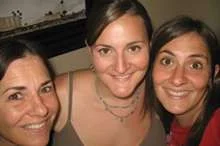
Presence under Pressure
By Deb Roman
We hadn’t seen each other in many months, but when I entered her hospital room, her first words to me were, “How is Jess?”
Jess is my daughter. As a little girl, she often came to work with me. Many patients told me they looked forward to seeing her when they came to my Boise office, where I work as an integrative family physician. She greeted them with smiles and excitement, handed them books to read to her, asked them how they were feeling, and requested advice on her outfits. Many, including Windy, had watched Jess grow up.
What made Windy’s question extraordinary was that she had recently lost the use of her legs when a tumor compressed her spinal cord. She was in the hospital to address difficulty breathing due to the buildup of fluid in her abdomen. Yet her first words to me were focused on the health of my child.
Several years prior to this day, Windy asked me to help her navigate the confusing and challenging path of dealing with a diagnosis of aggressive breast cancer. We met often to discuss options and opportunities, explore ways to mitigate fear, and face this challenge with awareness, engagement, and well-being.
As I sat on the end of her bed, we laughed, reminisced, and discussed her plans to travel to access innovative treatments that had been successfully curbing the progression of her disease for many months.
Yet when I texted her the next day, she didn’t respond. A few hours later, I received a call from her mom, who told me that Windy had developed a severe infection and was not expected to live more than twenty-four hours. Her mom asked me to go to the hospital to be with Windy until she arrived.
The author with her daughter Jess. Courtesy Deb Roman.
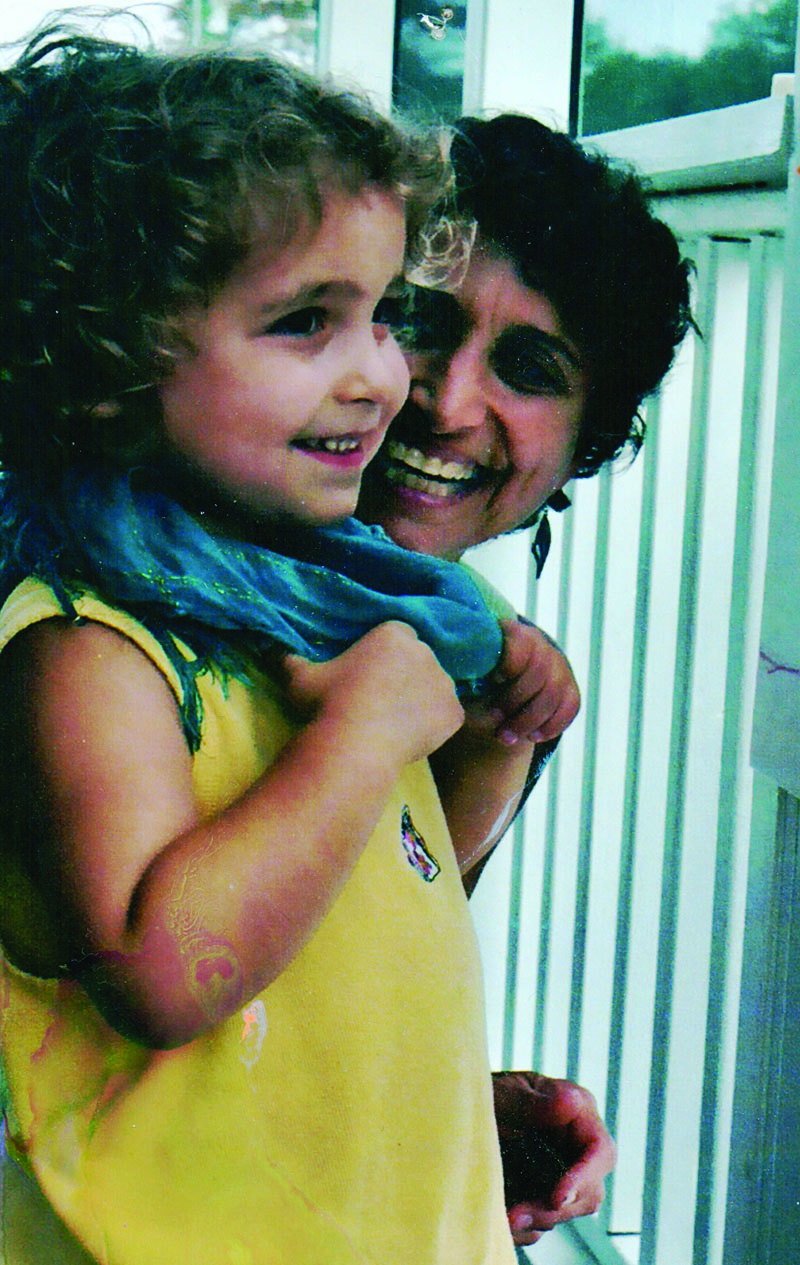
Family friend Jess. Courtesy Deb Roman.
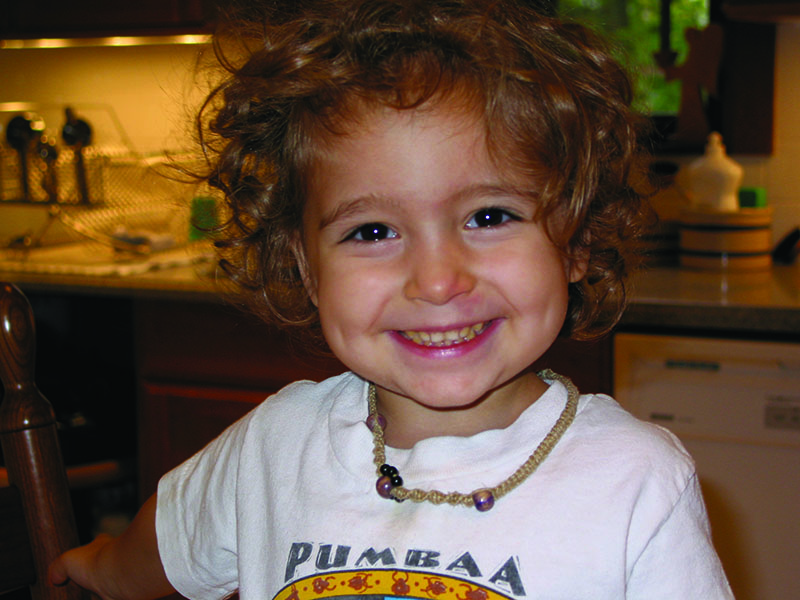
Windy with son Nolan. Courtesy Windy's family.
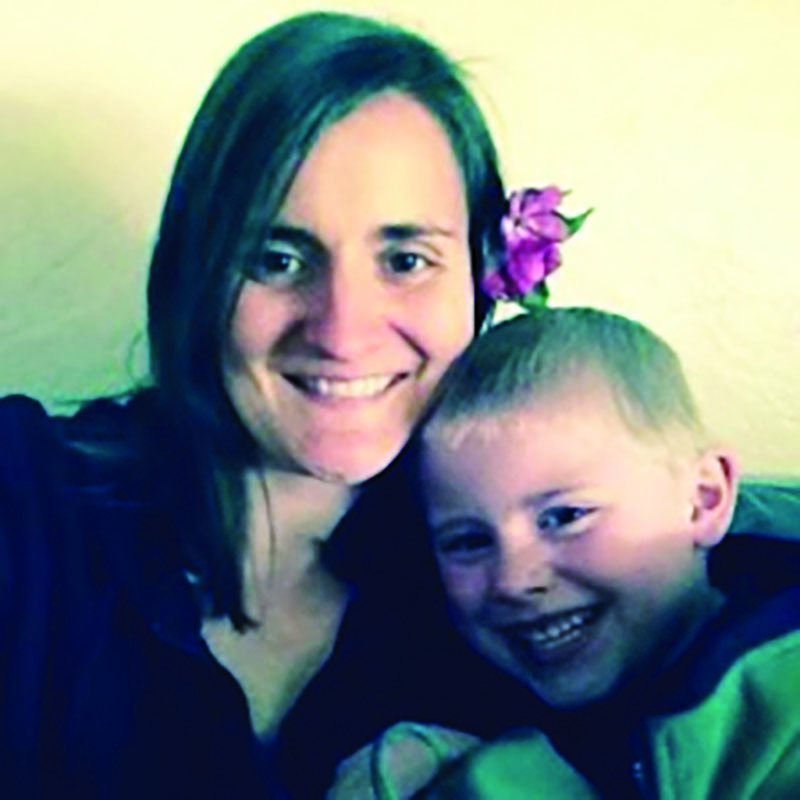
NIck and Windy. Courtesy Windy's family.
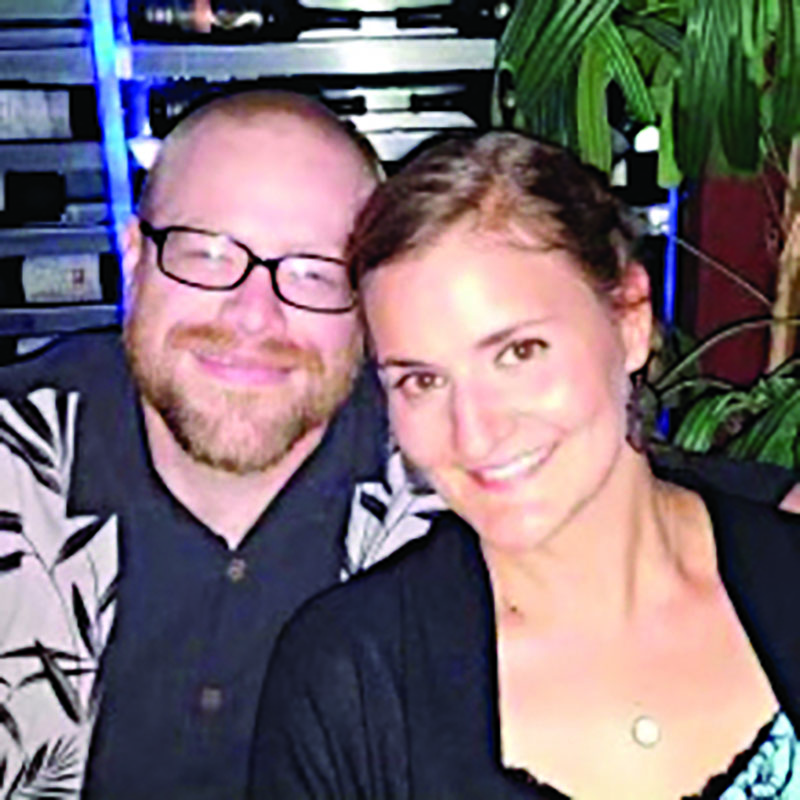
The family at Halloween. Courtesy Windy's family.
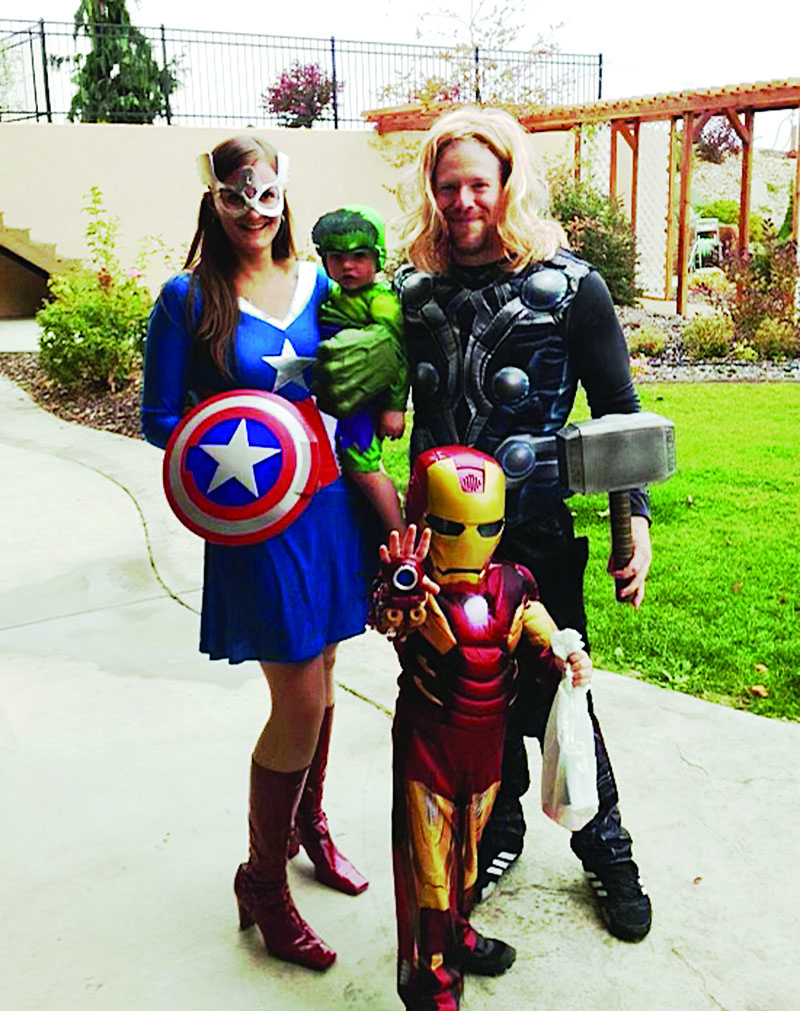
Windy (center) with her mother and sister. Courtesy Windy's family.
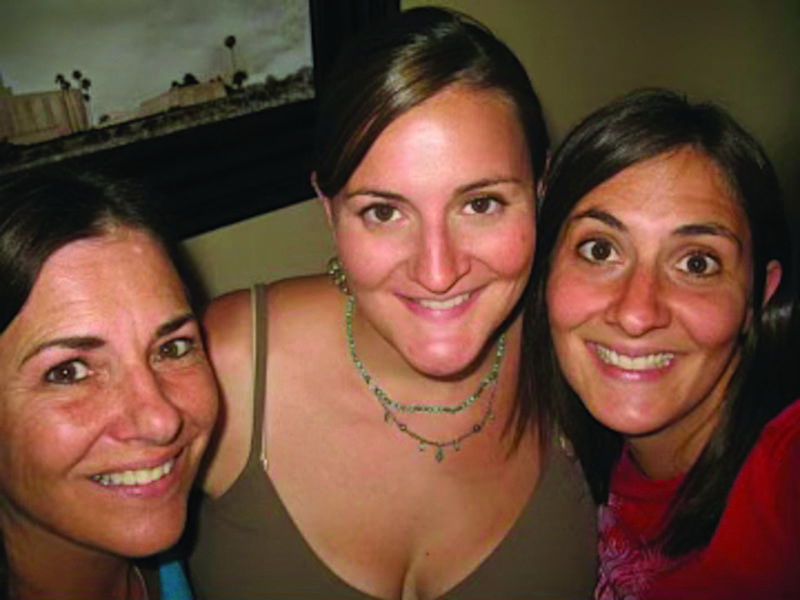
As I entered the room, this patient (who had gone to great lengths in search of ways to live long enough to see her children grow up) looked up at me and said very clearly, “I am ready.”
There were no hints of bitterness or pity in her voice. I remember asking myself: “If I were in this situation, could I respond with the steadiness and acceptance that I’m witnessing?”
I listened as the physician on call struggled to find a way to tell her that none of the efforts to halt the failure of her kidneys and liver were working—that, as is heard so often, “We’ve done all we could.”
I don’t think I will ever forget the way she looked at him—intently and with awareness—the way she quietly shook her head, glanced at us, and said, “Then we will have to prepare.”
I believe she was letting all of us know (in her gentle but very direct way) that we too had to prepare. We had to prepare to stay present as she said goodbye to her two young children and as her husband clung to her hands, hoping for one more shared breath. We had to prepare to be present with her mother and father as they experienced the inconceivable: the loss of a child. We had to prepare to come together as a community, to hold each other, and navigate her death in the ways that she taught us to navigate life, with presence and kindness.
As I considered Windy’s words, her large extended family began to line the hallway outside her room. For several hours, they filtered in and out of the room, saying their goodbyes and connecting with her as her body shut down. It was beautiful, excruciating, and natural—all at the same time.
When I left the hospital, I received a call from a patient who was sitting on the step outside my office. She didn’t have an appointment but was struggling with the pain of watching her husband die from cancer, so she had stopped by, hoping we could talk. In that moment, I remembered Windy’s pauses, the times when she would sit quietly and contemplate the words she was hearing and feelings she was experiencing before saying or doing anything. I pulled onto the side of the road and paused. After several minutes, I took in a deep breath, as if to reset myself. I expressed gratitude for the privilege of sharing life and death with Windy and her family.
When I arrived at my office, I sat down on the step with my patient. As she described the incredible pain she was experiencing at her husband’s decline, I thought of Windy’s words: “Then we will have to prepare.” I shared Windy’s story with her, and it occurred to me that Windy’s exceptional capacities for acceptance and composure had been developed over time. If given the space to do so, all of us could cultivate and access clarity and presence when faced with adversity.
I also realized that Windy’s community—her friends, family members, and the clinicians who filled the hospital hallways and waiting rooms that day—were active participants in Windy’s journey. Their non-judgmental support and care made it possible for Windy to create and experience a fulfilling life while navigating aggressive cancer and to accept death with a sense of peace.
Since that day, I have reached out to friends and colleagues to explore the potential of fostering an engaged community for times of challenge or crisis. We have gathered individuals with concern for the health of our communities to join in conversation. Diverse perspectives and experiences are welcomed and relationships are nourished and strengthened. Our friendships provide a stable yet flexible foundation for Compassionate Communities, an intergenerational grassroots healthcare movement created to rekindle cooperative responsibility for the health of our communities, advance health equity, and inspire compassionate action.
Compassionate Communities hosts open healthcare forums and advocates for tree-planting and other initiatives to reduce the detrimental effects of the poor air quality in Idaho on the health of our families, friends, and neighbors. Currently, we are inviting individuals and organizations from different sectors of our state to come together to develop a robust, community-wide strategic plan to actively address the threat to health from wildfires, droughts, and floods. We are confident that even when faced with significant obstacles and uncertainty, the collective resourcefulness, creativity, and voice of our community will inspire us to move forward with commitment and genuine hopefulness.
For more information about the Compassionate Communities healthcare movement, visit: finding-health.com/community-well
This content is available for purchase. Please select from available options.
Purchase Only
Purchase Only

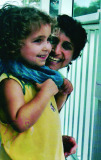
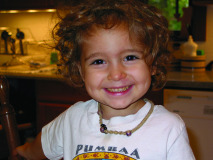
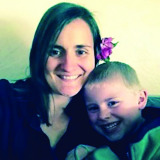
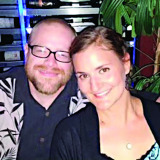
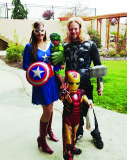
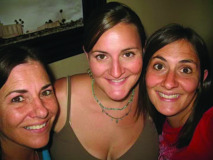
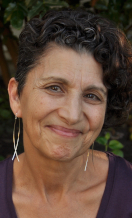
Comments are closed.